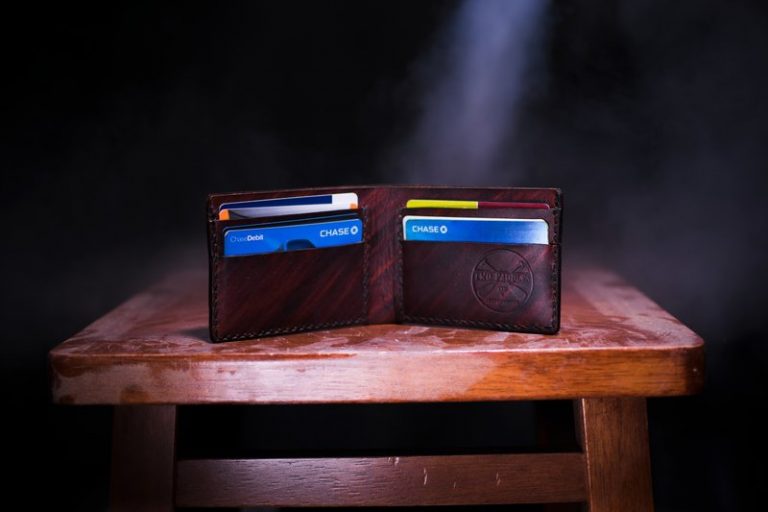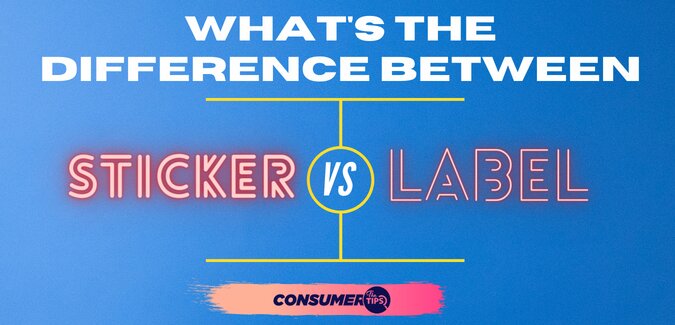Exploring Waterproof vs Water-Resistant Flooring: 6 Key Points
Flooring labeled as waterproof and water-resistant can confuse us pretty easily. But when we are installing new floors, there is no place for doubt. It’s a long-term commitment that we should not regret later.
Waterproof flooring will not get damaged even when it’s submerged in water for a long time.
Water-resistant flooring, on the other hand, can handle spills and splashes that are cleaned
within a short period.
There are of course other differences between these two. Let’s get some elaborate ideas on waterproof vs water-resistant flooring.
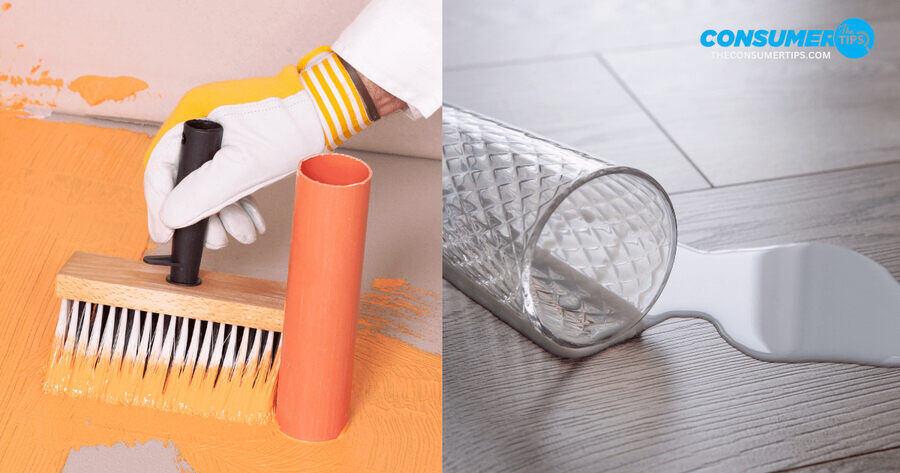
Waterproof Vs Water Resistant Flooring: What Do The Terms Mean?
When a flooring option is waterproof, you can expect the flooring to withstand a flood. Not that it’s a mandatory feature that everyone needs, but when someone is considering flooring options for the kitchen or the bathroom, waterproof floors might be the option to consider.
Water-resistant, on the other hand, means that it can withstand spills and splashes of water for some time. If you leave liquid on a water-resistant surface for too long, the floor may warp or get damaged.
These definitions are true for almost all products that come with a waterproof or water-resistant label. If you are unsure about your flooring, make sure to talk to the seller to clarify before doing any experiments.
Waterproof Vs Water Resistant Flooring: 5 Key Comparison Points
Apart from the ability to survive against liquids, what are the differences between waterproof and water-resistant flooring? Let’s find out.
| ASPECT | WATERPROOF FLOORING (VINYL) | WATER-RESISTANT FLOORING (LAMINATE) |
|---|---|---|
| Water Resistance | Fully waterproof, does not absorb water. | Resistant to water, but not fully waterproof. Can withstand water for a limited time. |
| Cost | Generally higher cost due to waterproof properties. | Generally lower cost compared to waterproof options. |
| Suitability | Ideal for rooms with high water exposure (kitchens, bathrooms). | Suitable for areas with less water exposure. |
| Appearance | May have a limited wood-like appearance compared to laminate. | Can mimic a hardwood floor appearance, offering a wood-like look. |
| Materials | Made of PVC core and other waterproof materials. | Made of fiberboard core with a water-resistant coating. |
| Durability | Typically more durable, can last longer due to waterproof nature. | Less durable compared to fully waterproof options. |
Options
The two most common flooring options that can be used as examples for waterproof and water-resistant floorings are laminate flooring and vinyl flooring.
There are variations between these two options. But the basics are the same for all variations. Laminate floorings are never fully waterproof whereas vinyl floorings are.
There are laminate floors that may be more water-resistant than basic ones. But that only means the time they can withstand having water on the surface.
Sooner or later, the flooring will get damaged if you leave the liquid for too long. You can usually steam clean these floors but that’s all the benefit you can get.
Vinyl floor variations are more about appearance than water resistance. Most vinyl floors are completely waterproof so you can choose any option that suits your need.
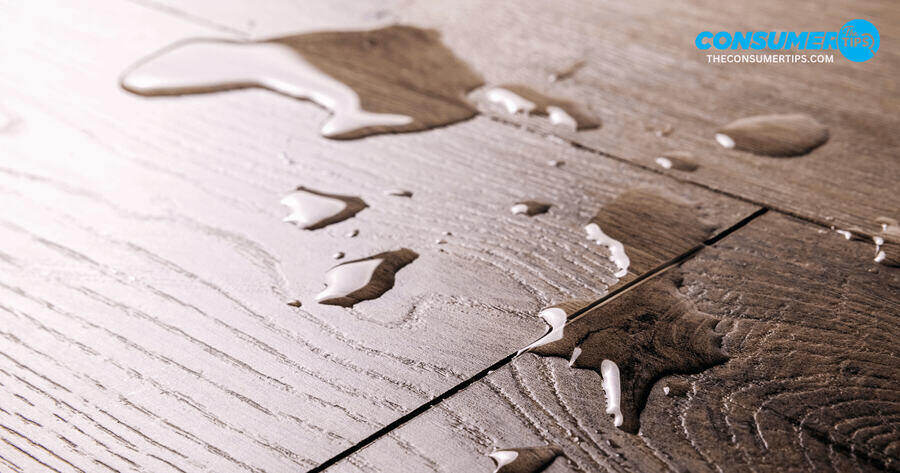
Cost
One of the most important things to consider when you are choosing floors is the cost. Waterproof floorings certainly cost more than water-resistant ones.
So, if you are thinking about getting an option that will allow you to enjoy the waterproof feature, be ready to spend more.
Suitability
Which room you are considering the floor for will determine the better option. For instance, if you are selecting a floor option for your kitchen or bathroom, it’s better to go for a waterproof option.
The reason is clear. Your floor will face more liquid spillage in these areas compared to your bedroom, dining room, or living room.
Another thing to consider when you are choosing floors is whether you have kids or not. For a family with kids, a waterproof option is clearly smarter than water-resistant flooring.
With waterproof flooring, you may have to compromise a wood-like look. Vinyl floors will not give you a hardwood floor-like appearance compared to laminate flooring.
So, make sure to consider it before selecting the floor.
Materials
The core of the floorings is what’s responsible for making a flooring option waterproof or water-resistant. For instance, laminate flooring is made of fiberboard on its core.
This is a byproduct of wood that reacts extremely poorly to water. Laminate does come with a coating that prevents water from going to the core.
However, once the top coat is penetrated by water, the core will get damaged. As a result, the floor will warp.
On the contrary, vinyl flooring is made of PVC on its core along with other materials. So, this floor will not absorb any water whatsoever, making it completely waterproof.
Durability
The last significant difference between waterproof and water-resistant floors is durability. As you can imagine, a waterproof option will certainly last longer than a water-resistant option.
So, if that’s one of your primary concerns, maybe it’s time to change your flooring to a waterproof one.
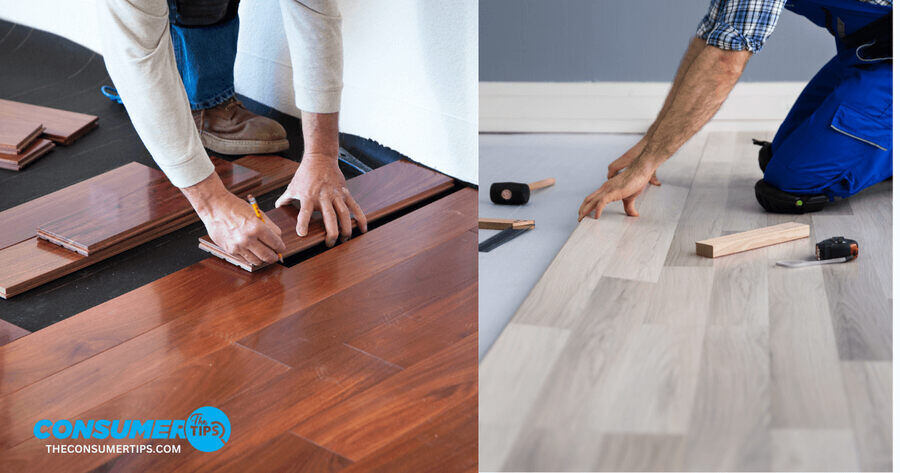
Waterproof Vs Water Resistant Flooring: Which One Is Better And Why?
| Factor | Waterproof Flooring | Water-Resistant Flooring (Laminate) |
|---|---|---|
| Liquid Spillage | Provides complete peace of mind. | Requires careful handling of spillages. |
| Suitability | Ideal for areas prone to water exposure (kitchens, bathrooms). | Suitable for areas with less water exposure. |
| Appearance | May lack the hardwood appearance. | Offers a hardwood-like appearance. |
| Maintenance | Highly resistant to liquid damage. | Needs careful handling of liquid spills. |
| Resale Value | Adds value to your home. | Can boost resale value due to appearance. |
| Versatility | May have limited options. | Offers a variety of design options. |
| Cost | Generally higher cost. | Generally more affordable. |
The answer entirely depends on what factors you are taking into consideration while selecting the floor. If you want peace of mind about liquid spillage, there is nothing better than waterproof flooring.
You can have peace of mind no matter where you are installing the floors. When considering flooring for the kitchen and bathroom, it’s always better to take the waterproof route. If you are a big fan of hardwood appearance, laminate flooring is a better choice.
If you are confident about taking care of your laminate flooring when there are spillages, there’s no reason not to go for this water-resistant option.
Besides, laminate flooring can also boost the resale value of your home. Another upside of choosing laminate over vinyl is the options you will get. When it comes to versatility, laminate will win over vinyl.
By comparing the cost between these two options, you can come to a decision if the budget is a big factor for you. Water-resistant options are much less costly compared to waterproof options.
Final Words
As you can see from the discussion above, there is no specific best choice between waterproof vs water-resistant flooring. It entirely depends on what your preference is and what features you are looking for in your flooring.
If you are concerned about the budget, and appearance, water-resistant options such as laminate will be the smarter choice.
On the contrary, if you need strong protection against moisture and you want your floor to be more durable, consider getting something waterproof like vinyl. Alternatively, you can mix it up based on the room.
Waterproof option for the kitchen and bathroom, and water-resistant option for your bedroom and living room
References
- https://www.flooringamerica.com/flooring-faq/cleaning-and-maintenance-
faq/waterproof-vs-water-resistant-flooring - https://www.urbansurfaces.com/resource_center/kb01-005/
- https://www.avalonflooring.com/blogs/blog/water-resistance-vs-waterproof-flooring

